Prof. Federica Goffi awarded SSHRC grant for (Un)Common Precedents international symposium
January 15, 2023
Professor Federica Goffi, the Co-Chair of the PhD Program in Architecture at ASAU, has received a Social Sciences and Humanities Research Council (SSHRC) Connection Grant for an international symposium at the Azrieli School of Architecture & Urbanism next fall.
(Un)Common Precedents considers the value of common and uncommon precedents in architectural practice and pedagogy. The in-person public event will take place from September 22 to 24, 2023. It will also be live-streamed in open access (criptic.org).
See the symposium program here.
The interdisciplinary organizing team comprises a majority of women of diverse backgrounds, orientations, and interests.
Dr. Goffi is the chair of CR|PT|C, a collaborative of PhD candidates and students, post-professional master’s students, and faculty at the school. She is organizing the symposium with PhD candidates and CR|PT|C coordinators Kristin Washco and Isabel Potworowski.
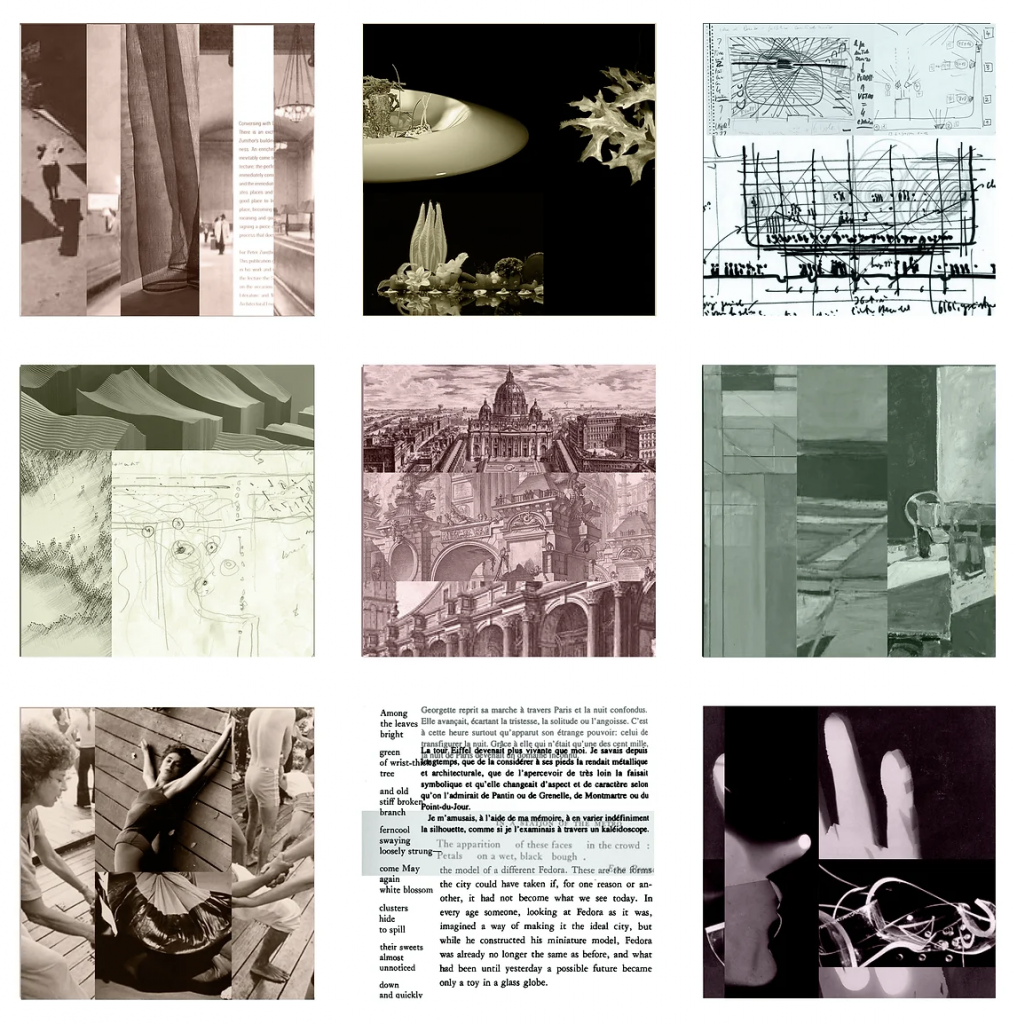
The event is supported by a multidisciplinary group of faculty advisors and SSHRC co-applicants:
• Sheryl Boyle, Associate Professor, ASAU;
• Suzanne Harris-Brandts, Assistant Professor, ASAU;
• Ryan Stec, Artistic Director of Artengine, PhD Candidate at ASAU, and University of Ottawa educator;
• Jesse Stewart, Professor of Music at the Carleton University School for Studies in Art and Culture.
It is the second event in the Agora Series, following Agora I: Architectures of Hiding, 2021. Agora II combines keynotes, paper presentations, interdisciplinary workshops, a performance, an exhibition by architecture and music students, and a book publication.
The 32 confirmed speakers investigate under-acknowledged precedents in education and practice. These include disciplines outside of architecture that inform design, how the media impacts imagination and our understanding of buildings, and how design intentions and cultural values orient perception and what we extract from precedents.
See the keynote speakers and the call for papers here.
The organizers are grateful to all the sponsors who have supported this initiative from the beginning. These include leading voices for excellence in the Canadian built environment, such as The Royal Architectural Institute of Canada, the Ottawa Regional Society of Architects and the Ontario Association of Architects which awarded this event with a Public Awareness Sponsorship.



The Azrieli School of Architecture & Urbanism, Carleton Immersive Media Studio, Carleton Sensory Architecture, and Liminal Technologies Lab, the Music Department at the School for Studies in Art and Culture, Artengine, and the Institute of European, Russian and Eurasian Studies are supporting the event through faculty engagement, student participation, and partial funding.

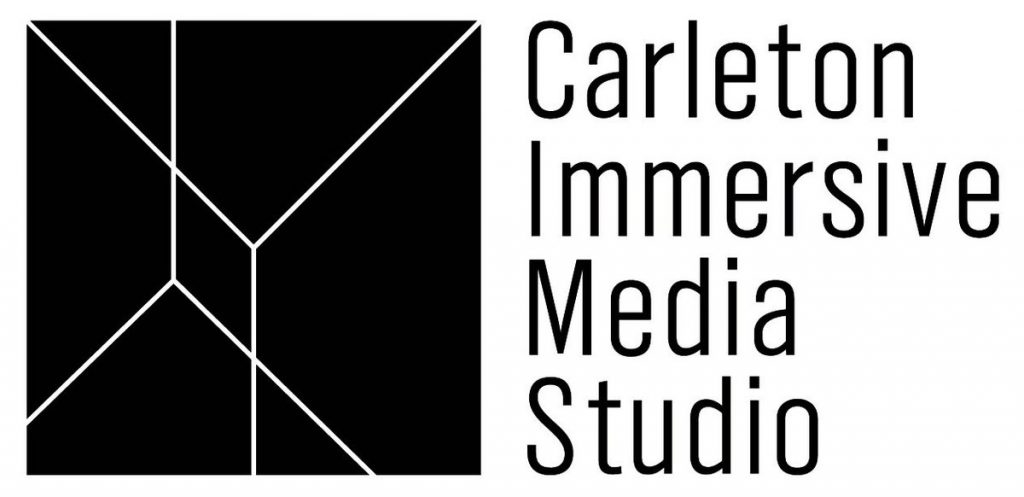
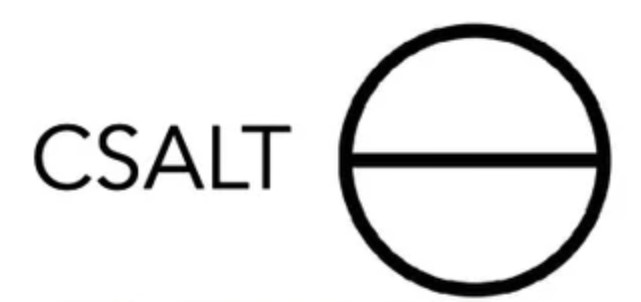
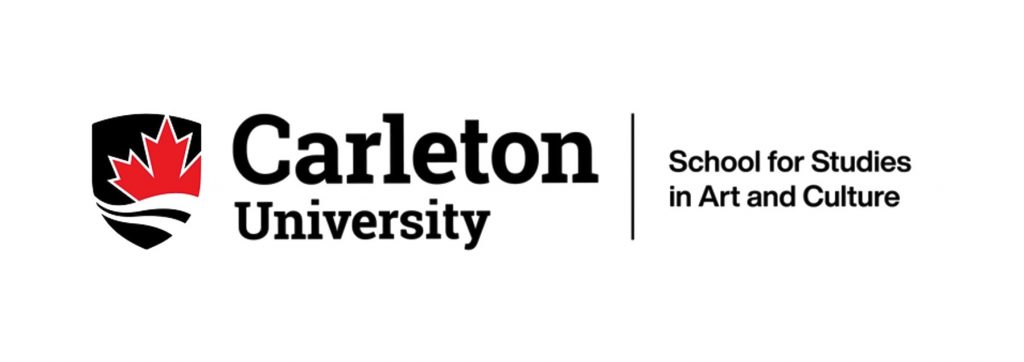
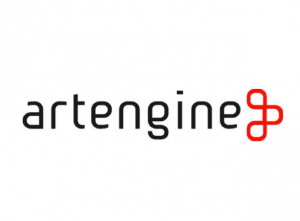

About (Un)Common Precedents
The acts of reading, interpreting, investigating, and documenting influence an architect’s frame of reference and the buildings that society values and dwells in. However, precedents are often limited to surface-level abstractions — disembodied ideas and flattened visual representations lifted from their context. Without an understanding of places in their cultural, geographic, and socio-political context, the first-hand experience of architecture may translate into formalistic renderings, shortened design processes, and incomplete representations.
We question how architecture can benefit from a deeper definition of the types of buildings that constitute precedents and how mainstream documentation methods limit thorough investigation.
The call for papers encouraged seeking inspiration in disciplines outside the profession, such as literature, music, culinary, visual, and performing arts, to question how emerging factors such as new media, technology, globalization, and social justice impact architectural processes.
Considering that architecture is increasingly reduced to digital renderings and photographs of famous buildings, the symposium explores these questions: how can architects build (un)common frames of reference? What does the current approach to precedent study leave out? How might methodologies be reimagined to embrace a holistic understanding of buildings and the lived sensory experience of (un)common precedents that could inspire design through a diversity of media, culture, and geo-political contexts?
The international attention received by the call for papers underscored the need for scholarship in this field. It brought forth topics such as drawing practices, spatial and temporal perception, understudied informal building types, situatedness, inclusivity, and interdisciplinary influences.
The workshops will test influences from other disciplines. The workshop results will be exhibited at the event to reflect on architectural pedagogies. Working from this broader foundation of precedents, architects, educators, and students will better comprehend their project sites and put forward more sensitive and inclusive architectural solutions.